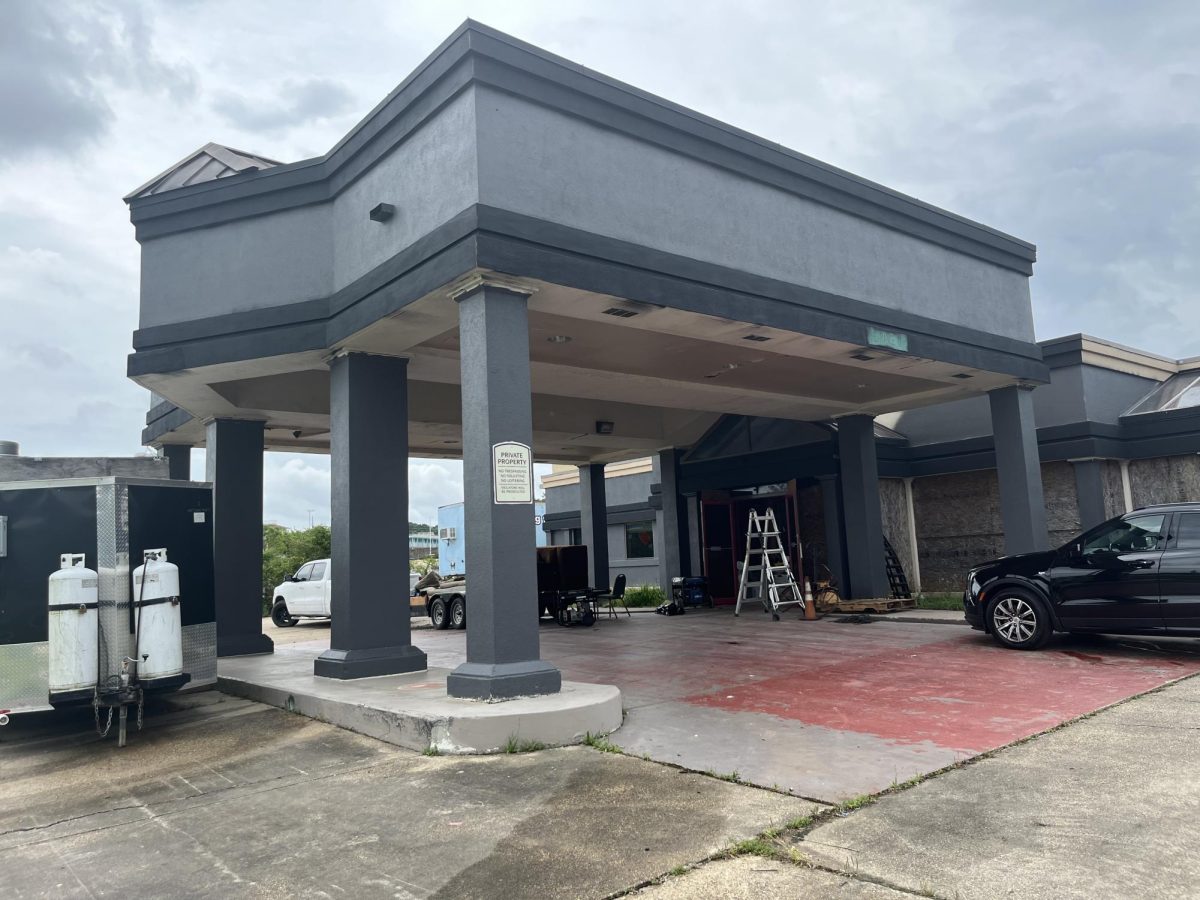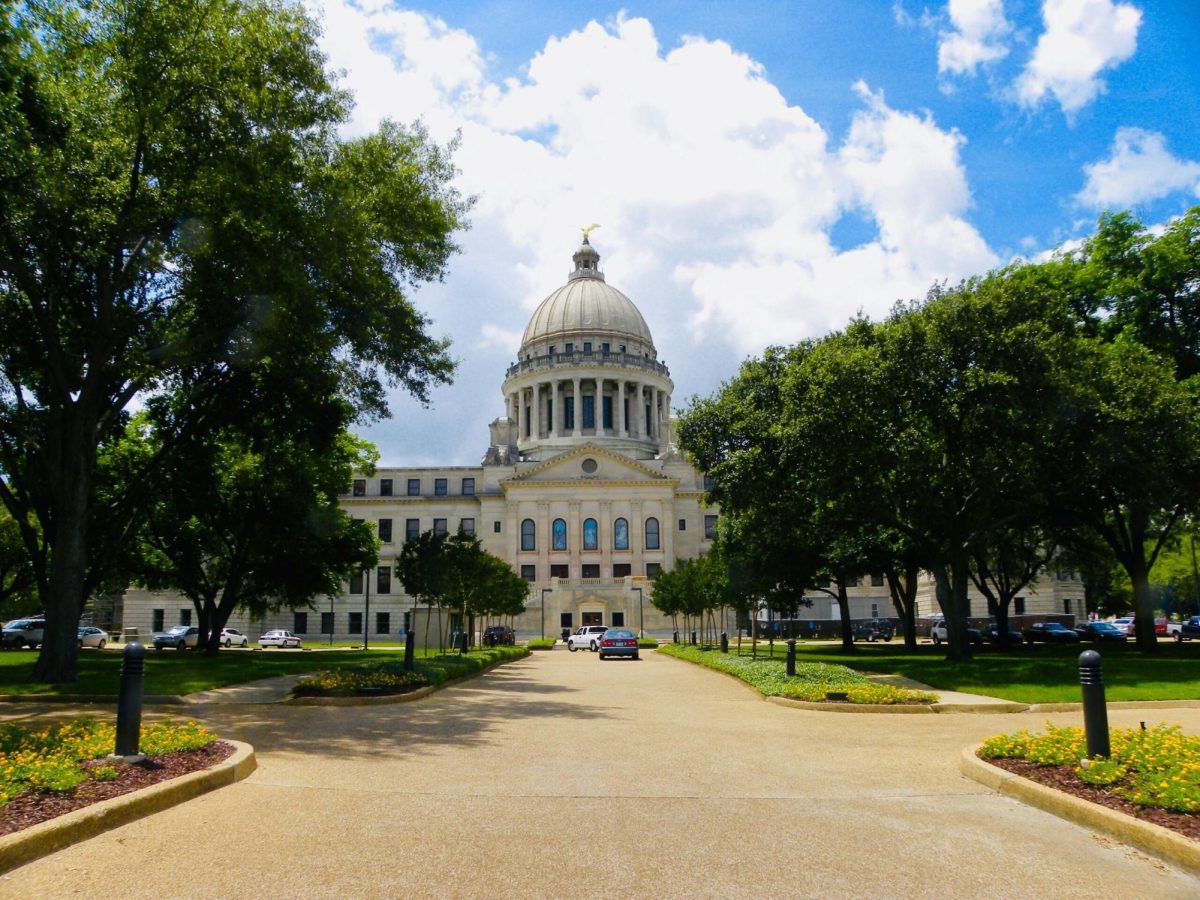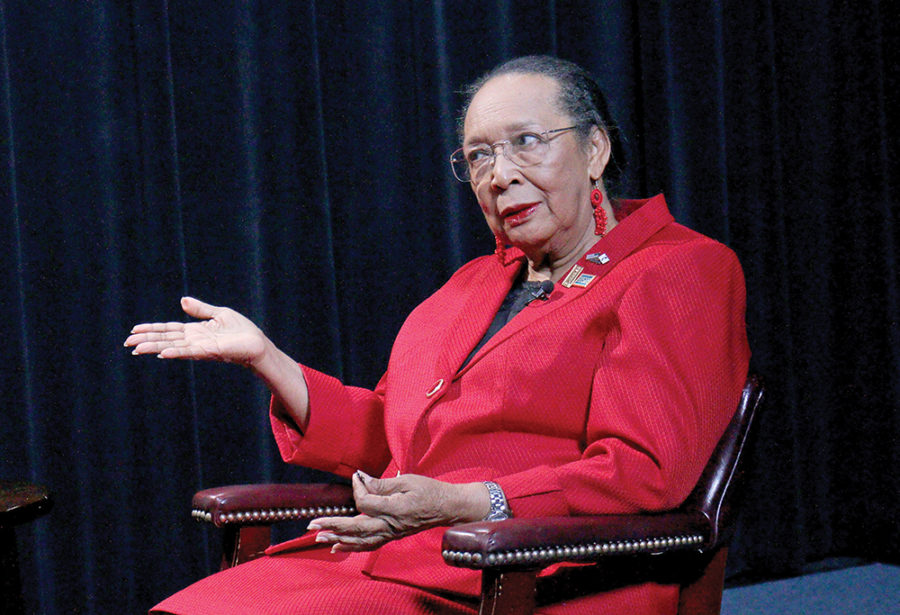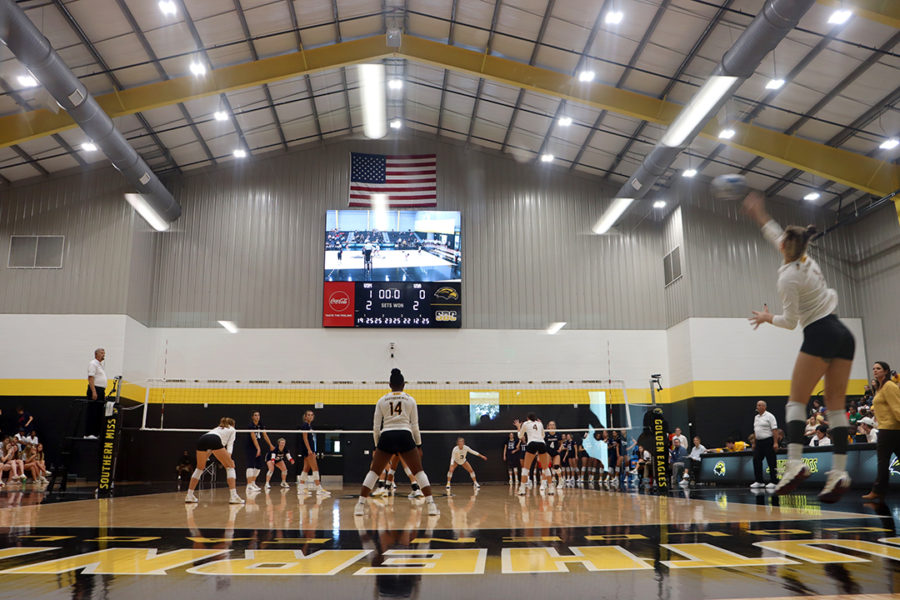The USM Faculty Senate hosted an open meeting on March 28 to discuss recent changes to the Mississippi Institutions of Higher Learning handgun and firearm policy and to consider taking actions to amend USM’s policy to reflect these changes.
The event, however, effectively became an open discussion of this issue as the Faculty Senate failed to reach a quorum. Those present voiced concerns about the safety of faculty and students in issues related to guns and gun violence, with some members expressing fear about the security of buildings in which they teach.
The IHL created policy 1106 in 1990 specifically to regulate firearms and weapons on campuses. Prior to its February 2016 revision, the policy stated that possession of firearms on campus by those not explicitly authorized created an unreasonable and unwarranted risk. Therefore, regardless of permits, on-campus firearms were limited to duly authorized law enforcement officials, institutional security officials and other authorized persons.
As of the February revision, the IHL permits persons authorized by law and by the institutional executive office and those possessing valid instructor- certified firearms permits to carry firearms on campus. However, the right excludes students and university employees from being able to carry firearms and disallows their possession in institutional facilities areas and any areas deemed non-public.
Stated simply, open carry of firearms will be prohibited to authorized personnel, and permits will be required for concealed carry by guests and visitors, though firearms will not be allowed in classrooms, residence halls, athletic buildings or any areas determined to be an “institutional facility.”
Students and university employees will still not be allowed to carry firearms. Yet, the IHL allows the state’s public universities and colleges to respectively determine their own definitions for “public spaces” and “non-public spaces.”
When the USM administration defines these terms and amends the university policy, these definitions will determine where guns will be allowed on campus.
Compliance and Ethics Director Paul Walters said the policy is both counter intuitive and nonsensical.
“Why allow a stranger on campus to bring a weapon, and not allow employees and students with the proper permits to do that?” he said.
USM Chief of Police Bob Hopkins said the IHL has been extremely supportive of the university as it determines the policy while under pressure from the legislature.
“We’re just grateful to even still have the policy,” Hopkins said.
According to Walters, Mississippi can expect to see a bill in the Mississippi legislature in 2017 that could void any IHL firearms policy if passed.
A bill similar to House Bill 758, which failed to pass in the Senate, would amend state law to prohibit boards such as the IHL from allowing universities to create their own policies on gun possession.
“It will come up again next year,” Walters said. “If it passes, it’s going to make all of this moot.”
Walters said the policy allows the university to limit the presence of firearms arguing that though a given facility is open to the public, it is not a designated public space.
“We have the authority to declare it non-public, and they’ve given us some time to argue that” he said.
Interim Vice President for Student Affairs Tom Burke said that due to the broad language of the amendment, some areas are considered public that should be non-public.
“This iteration hasn’t gone forth to the cabinet yet,” Burke said at the meeting. “We’re still taking comments.”
Walters suggested the university define public spaces and declare everything else non-public. Burke said that most universities that have had the ability to define public and non-public spaces have done it that way, such as Mississippi State University.
Some faculty members in attendance asked about the possibility of declaring all university space non-public, since classes are often held outside in areas like Shoemaker Square. Walters referred them to policy 1106. He said the current attitude is that they have the ability to govern themselves due to a separate constitution granted from the IHL.
“The legislature hasn’t bought that argument, hence all the pushback,” he said.
Continuing, Walters said that the stronger the universities push against the legislature, which provides funding to institutions of higher learning, the more defined these regulations are going to become.
“There’s a lot of talk about IHL ignoring the laws, and thumbing our noses in the face of the law,” Walters said. “The more input given to Dr. Burke on public versus non-public, the better we can make this decision.”






































